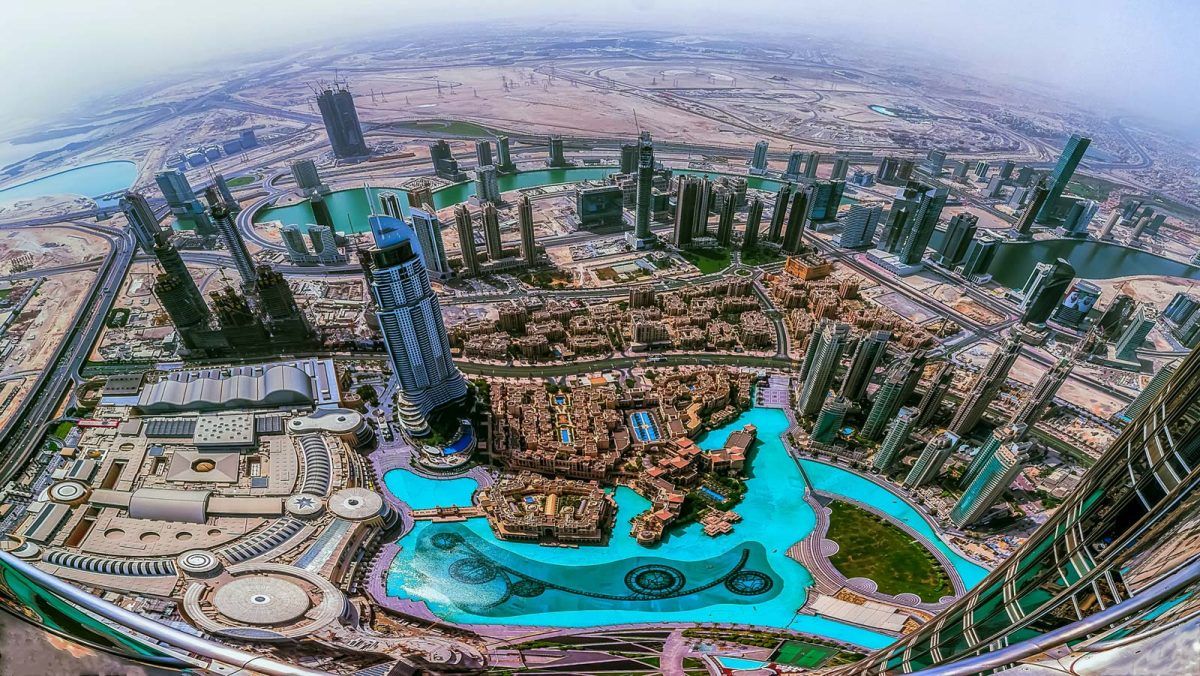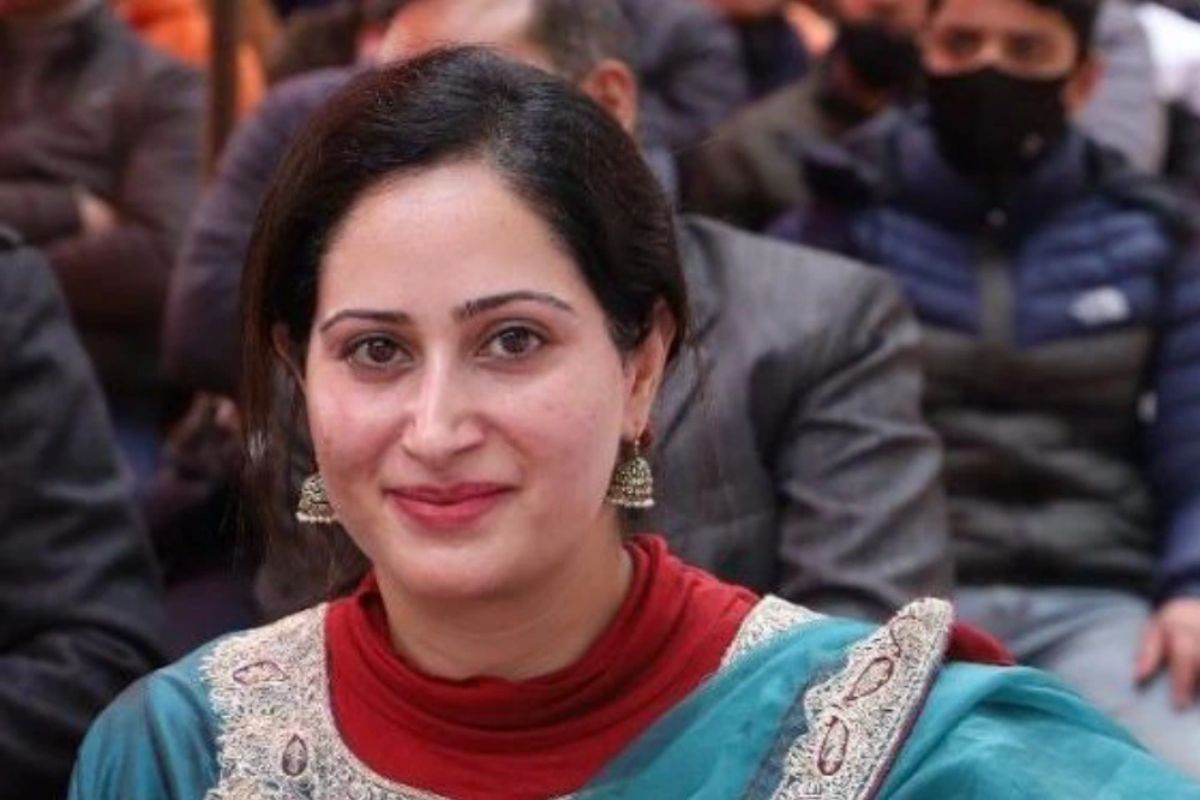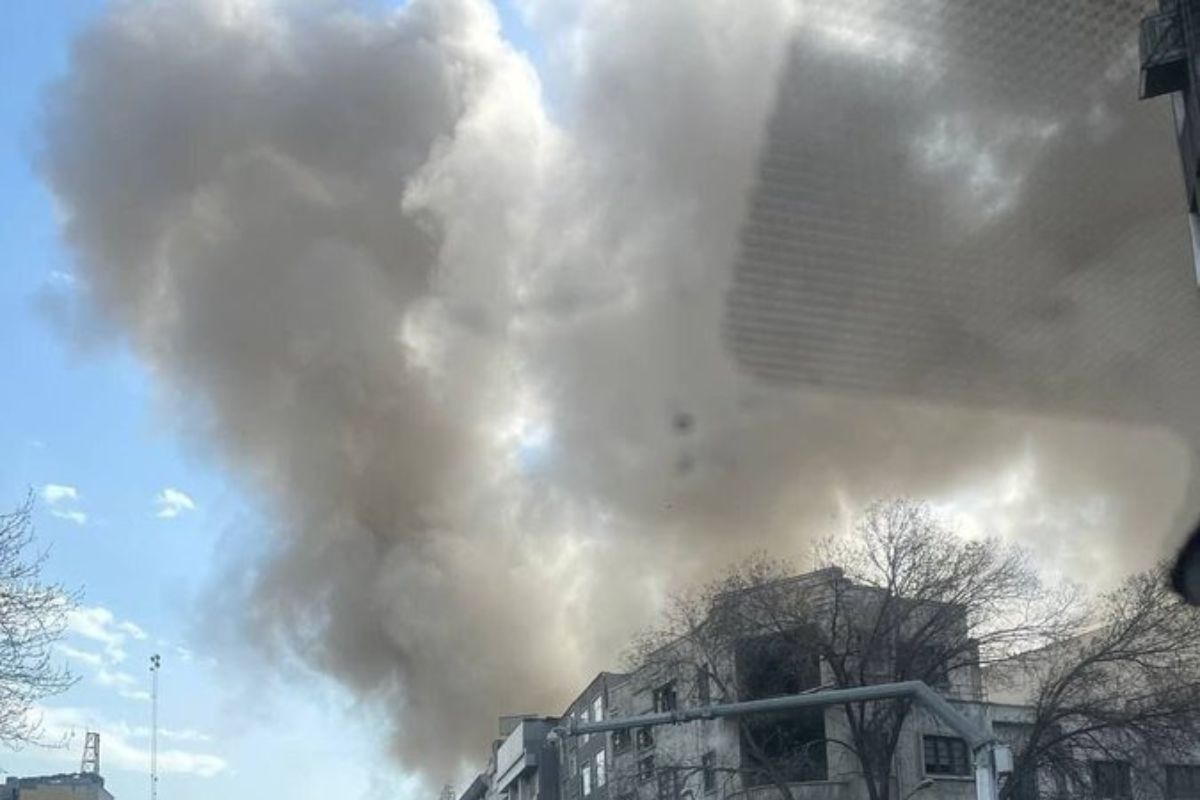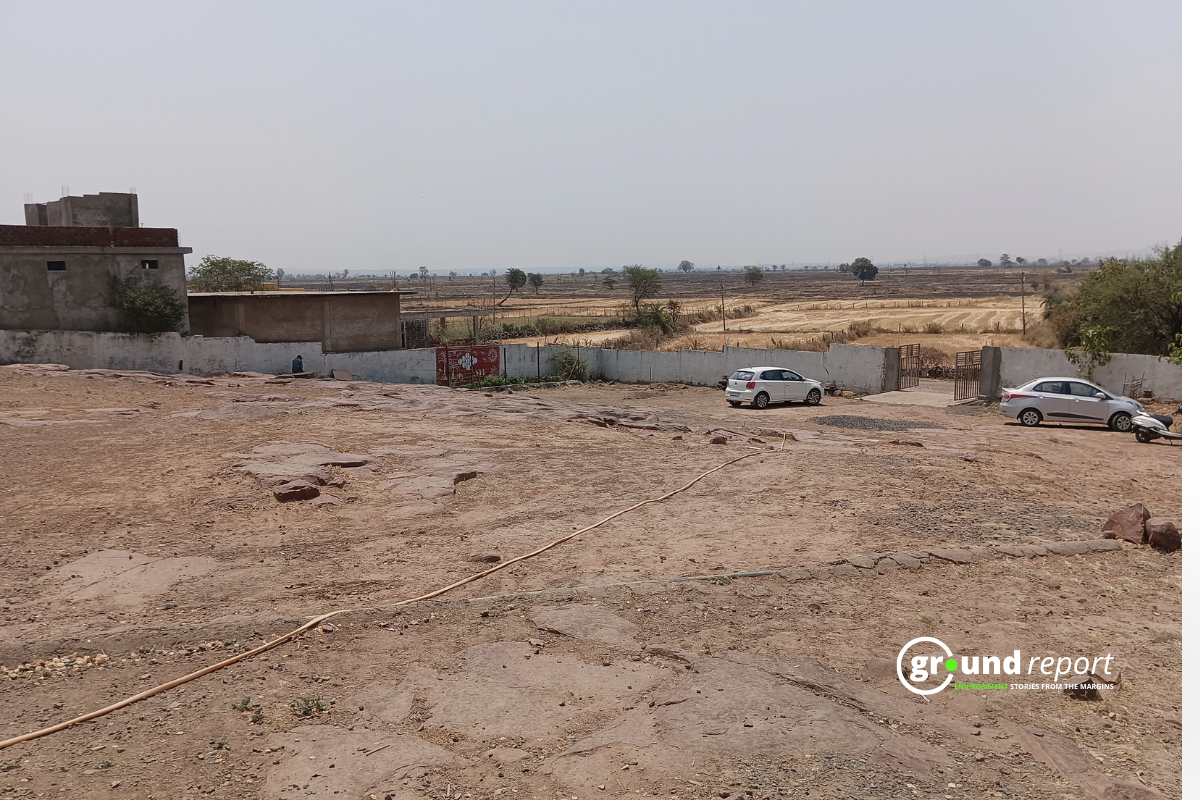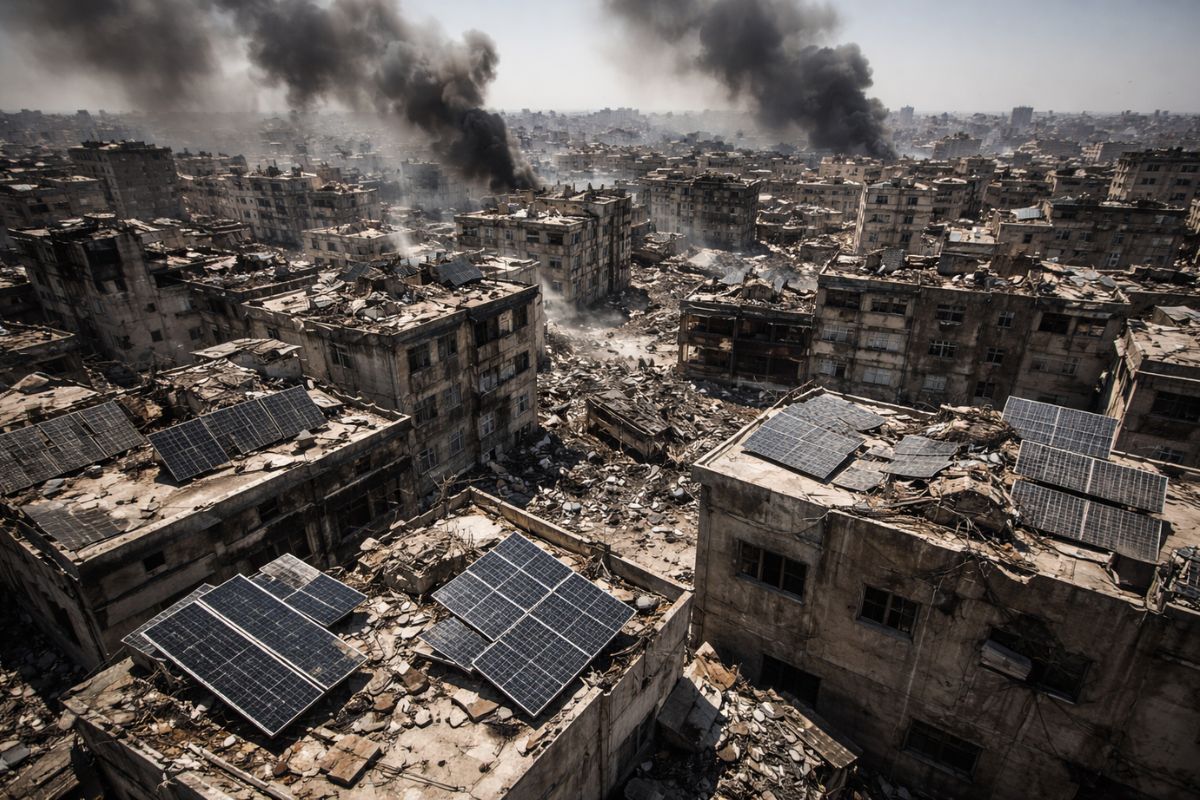Richest Muslim countries in the world: When defining the world’s richest countries, people look at the strength of the respective economies in terms of gross domestic product or GDP. However, most economists nowadays take into account the purchasing power parity (PPP) of a country.
Most people recognise the region for its rich oil reserves, and it is still one of the largest exporters of this natural resource. In fact, the rich supply of oil is one reason why many countries in the region have earned a spot on lists of the world’s wealthiest countries.
In India, most people think that Muslim countries with a Muslim majority are chaotic and unstable. So there are countries where there is Islamic rule, but they are prosperous and have a liberal mindset; these can be fantastic options for those researching a move to a new country.
Richest Muslim countries in the world
- Qatar:- The Gulf state with a population of 1.7 million tops the list of the wealthiest Muslim countries in the world. Qatar had booked a per capita GDP of over $88,919 for 2011.
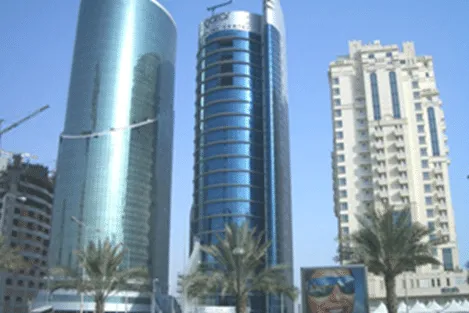
The continued growth in production and exports of natural gas, oil, and petrochemicals is the main reason for this rapid expansion..Qatar is set tol host the 2022 Football World Cup.
The government is also pouring money into infrastructure, including a deep-water port, an airport and a railroad track to make the country a better host for trade and the 2022 World Cup.
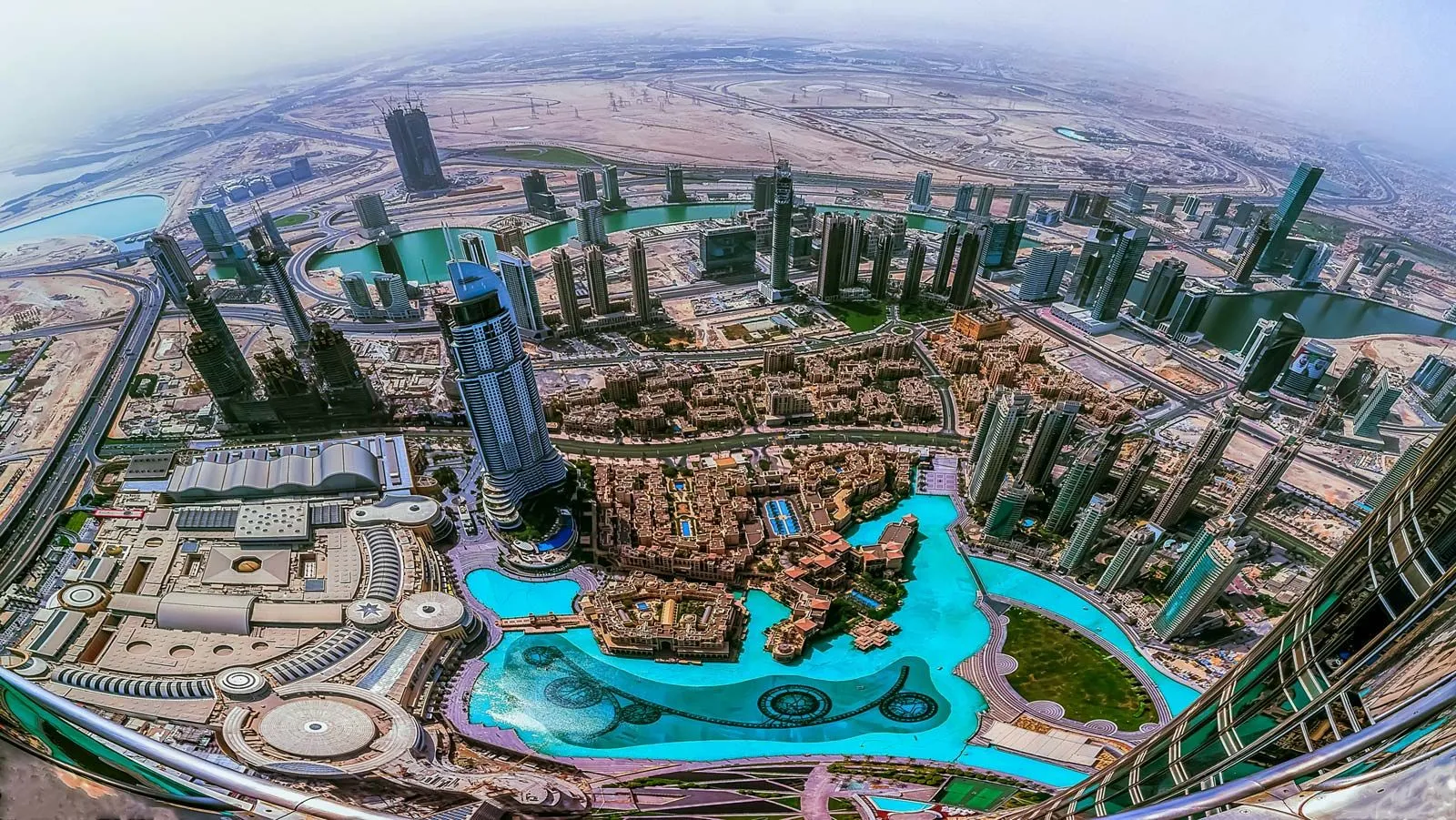
United Arab Emirates
When you hear about the United Arab Emirates, chances are you immediately think of elegance and luxury. However, the country is about much more than tourism and lifestyle (which are two of the main reasons it’s on this list).
In the country, oil and natural gas exports play an important role in the economy, especially in Abu Dhabi. A gigantic construction boom and an expanding manufacturing base are helping the country diversify its economy.
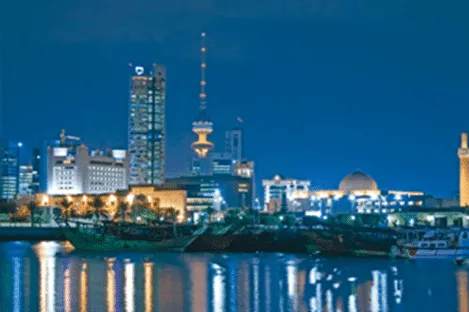
- Kuwait:- The country with about 3.5 million is the second most prosperous Muslim country globally. GDP per capita for 2011 (ppp) is $54,654. Kuwait has proven crude oil reserves of 104 million barrels, which is estimated to be 10 per cent of the world’s resources.
Kuwait’s oil production will increase to 4 million barrel units by 2020. Other significations include shipping, construction, and financial services.
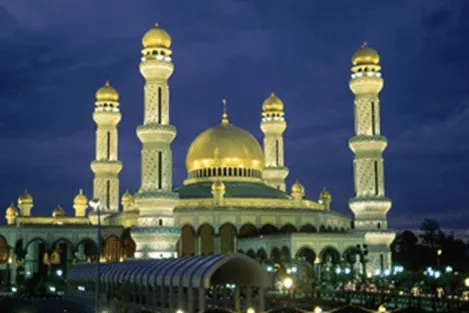
- Burnie:- It is the third most prosperous Muslim country globally. Its GDP government for 2010 (PPP) is approximately $50,506. The country is successful because of its extensive petroleum and natural gas. About oil and gas industry has dominated the country’s economy for the past 80 years, and exports of hydrogen resources account for more than 90 per cent and more than half of its GDP.
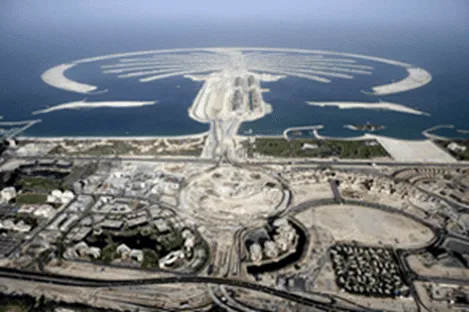
- Saudi Arabia:- Saudi Arabia’s economy is heavily dependent on the production and export of petroleum. It is the second-largest OPEC member country. Saudi Arabia contributes about 18% of total petroleum production globally, giving the country significant respect in the global market.
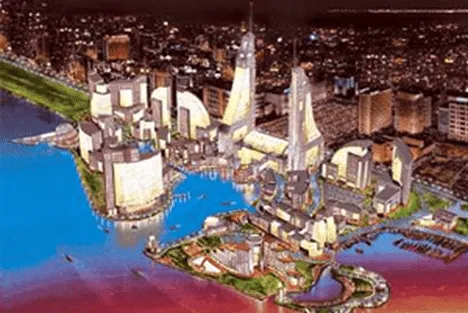
5. Bahrain – Bahrain is considered the fifth most prosperous country in the Arab region, ranking 23rd globally. The country’s economy is thriving due to the export of aluminium tourist attractions and natural gas and oil resources.
The GDP of this country is currently higher than that of Japan, France, UK and Canada. Also, the currency used aluminium is the second most valuable currency globally, contributing to its ranking on this list.
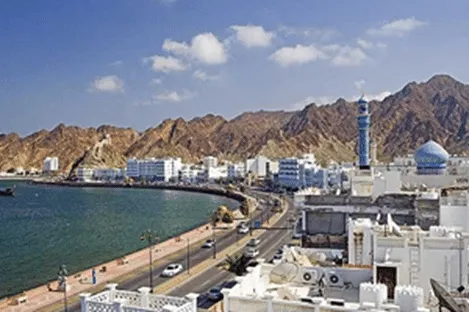
6 . Oman:
The oil reserves found in Oman have made it is one of the wealthiest countries in the world. Even though the county has some of the lowest oil reserves in the region, it is in the Persian/Arabian Gulf, meaning more oil to exploit.

7. Egypt:- Egypt is one of the most populous and wealthiest Arab countries today. Much of Egypt’s economic wealth is related to activity on the Nile valley with arable land. Manufacturing, agriculture and tourism is vital industry for this country. However, it has been affected by political and social uncertainties in recent years.
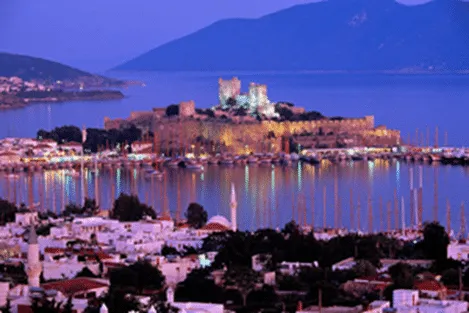
8. Turkey: Turkey ranks eighth on this list. Its per capita gross domestic product (PPP) for 2011 is $16,885. Turkey has gradually opened up its market through economic reforms by reducing government controls on foreign trade and investment and the privatization of publicly owned industries. Tourism in Turkey has experienced rapid growth and is an important part of the economy.
Other major sectors of the Turkish economy are banking, construction, oil refining, petrochemicals and motor vehicles. Turkey is one of the leading shipbuilding countries and ranks fourth in the world in terms of the number of ships ordered, behind China, Japan and South Korea.
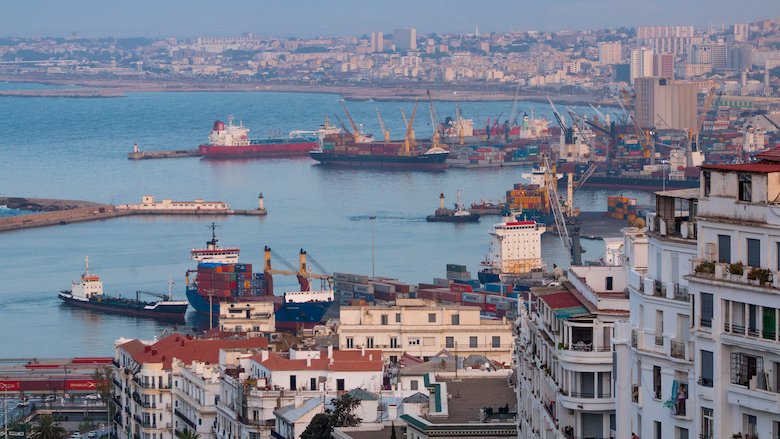
9. Algeria:
Being home to the 10th largest natural gas reserves in the world, it has contributed significantly to Algeria’s wealth. It is also the sixth-largest exporter of natural gas. The economy mainly depends on hydrocarbon exports, which handle 60% of the country’s budget revenue and 30% of its GDP.
The economy of Algeria was not always run on oil and gas. Indeed, until 1962 the country’s economy was mainly based on agriculture, and it complemented the economy of France.
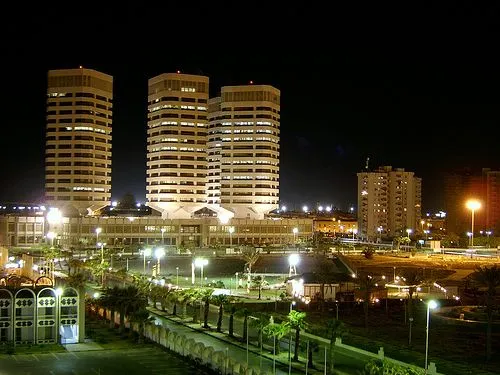
10. Libya:-It is the tenth richest Muslim country in the world. The country has a GDP per capita (PPP) of $14,100 for 2011. Libya has the fourth-highest GDP per capita (PPP) in Africa after Seychelles, Equatorial Guinea and Gabon. Libya has the 10th largest proven oil reserves of any country in the world and the 17th largest producer of petroleum in the world.
The Libyan economy depends on revenue from the oil sector, which constitutes all export earnings. High oil revenues and a small population have given Libya one of the highest GDPs per capita in Africa.
Support us to keep independent environmental journalism alive in India.
Keep Reading
In Pictures: Kheoni Wildlife Sanctuary grows its borders to shelter Tigers & welcome tourists
Mystery Shrouds Death of 10 Elephants in Bandhavgarh: Timeline
Burning question: who’s accountable for Rajgarh’s forest fires?
Madhya Pradesh sees 66 forest fires daily; AI tracks, action still lags
Follow Ground Report on X, Instagram and Facebook for environmental and underreported stories from the margins. Give us feedback on our email id greport2018@gmail.com.
Don’t forget to Subscribe to our weekly newsletter, Join our community on WhatsApp, and Follow our YouTube Channel
